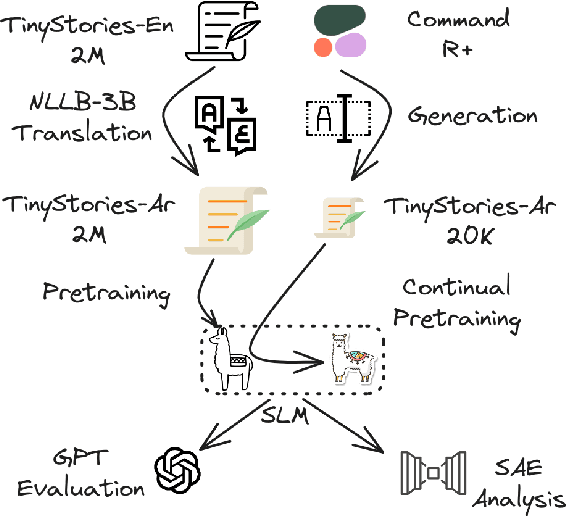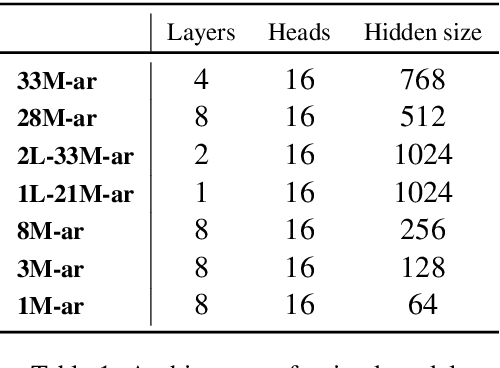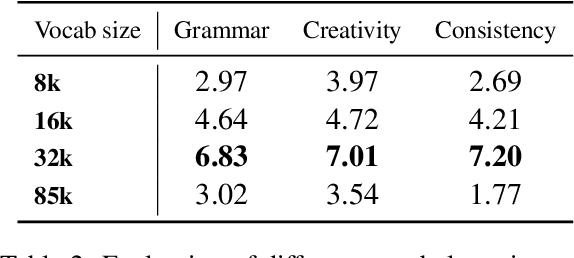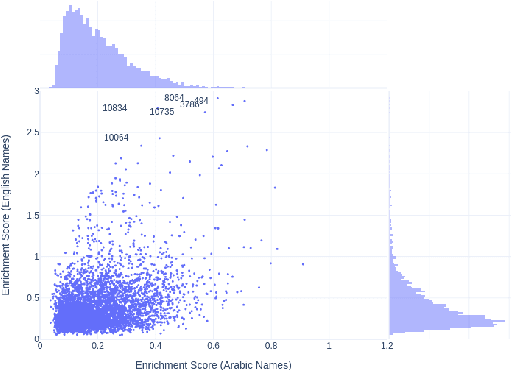Improving Language Models Trained with Translated Data via Continual Pre-Training and Dictionary Learning Analysis
Paper and Code
May 23, 2024



Training LLMs in low resources languages usually utilizes data augmentation with machine translation (MT) from English language. However, translation brings a number of challenges: there are large costs attached to translating and curating huge amounts of content with high-end machine translation solutions, the translated content carries over cultural biases, and if the translation is not faithful and accurate, the quality of the data degrades causing issues in the trained model. In this work we investigate the role of translation and synthetic data in training language models. We translate TinyStories, a dataset of 2.2M short stories for 3-4 year old children, from English to Arabic using the free NLLB-3B MT model. We train a number of story generation models of sizes 1M-33M parameters using this data. We identify a number of quality and task-specific issues in the resulting models. To rectify these issues, we further pre-train the models with a small dataset of synthesized high-quality stories, representing 1\% of the original training data, using a capable LLM in Arabic. We show using GPT-4 as a judge and dictionary learning analysis from mechanistic interpretability that the suggested approach is a practical means to resolve some of the translation pitfalls. We illustrate the improvement through case studies of linguistic issues and cultural bias.
 Add to Chrome
Add to Chrome Add to Firefox
Add to Firefox Add to Edge
Add to Edge